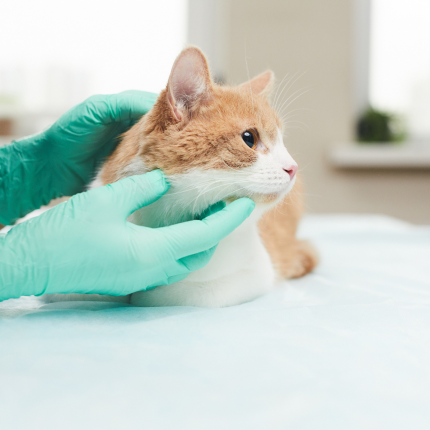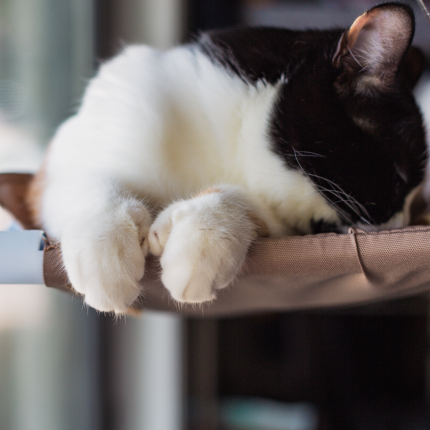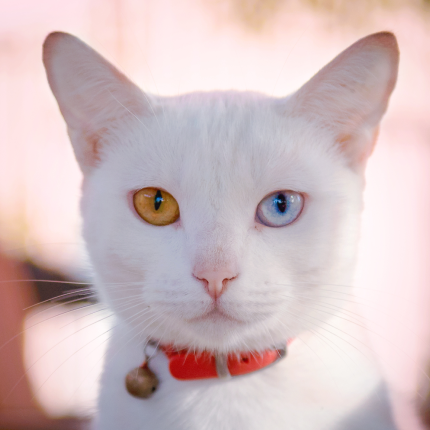What is Feline AIDS?

Feline immunodeficiency virus or cat FIV, more commonly known as “feline AIDS,” is a retrovirus infection among cats. It is called cat FIV or AIDS because its effects are similar to that of human HIV, except it specifically affects felines.
advertisement
Understanding Feline AIDS
This viral infection, first detected in the US in 1986, works by targeting a cat’s white blood cells, damaging its immune system. This three-stage illness progressively weakens the immune system of felines, making them vulnerable to secondary infections.
Feline AIDS, like HIV in humans, is contagious. The virus can be passed on from one cat to another when:
- An infected cat bites a virus-free cat. Outdoor cats are more vulnerable to FIV as they may be involved in territorial disputes with infected cats.
- An FIV-positive mother cat passes it on to her kittens. Neutered or spayed cats have a lower chance of contracting the infection.
- The blood of an infected cat is transfused to an uninfected feline. The virus can invade the body easily through blood cells transferred during a blood transfusion.
Unfortunately, FIV-positive cats may have the virus inside their bodies and are already damaging their immune system for years before it can be detected. The first stage of FIV is usually characterized by a lack of symptoms making it hard to diagnose pets with the virus.
advertisement
Common Symptoms of Cats with AIDS
Once the infection progresses into the 2nd stage, infected cats will start manifesting these symptoms:
- Respiratory problems
- Poor skin and coat condition
- Urinary tract infections
- Recurrent fever
- Appetite loss
- Lack of appetite
- Mouth and gum inflammation
- Constant diarrhea
- Persistent eye problems
- Seizures
- Behavioral and neurological changes
FIV-positive cats in the active or second stage may still recover completely with proper veterinary care. Once the infection reaches the third stage, however, there won’t be a cure. This third stage is known as the “AIDS stage,” where felines typically develop chronic illnesses or cancers. Cats with feline AIDS can still live a good quality of life for years as long as they receive constant veterinary care and live indoors.

Featured Articles

Why Do Cats Roll Over Into Their Backs But Not Let You Touch Their Bellies?
It’s common knowledge dogs love to have their tummies rubbed when they freely lay down before you and roll onto their backs. But, if you’re also familiar with cats, you know that when they roll onto their backs with their bellies exposed, rubbing the belly will most likely result in…

Greebles and Cats: The Origin and the Meaning
You may have seen an internet sensation concerning cats labeled “greebles.” Feel out of the loop? We’re here to help you. In 2019, Reddit user /user/literallyatree commented on a Reddit post about a cat that looks like it’s trying to slap a ghost. This user commented: “My family calls things…

Polydactyl Cats: Just More Beans to Love
Polydactyl cats have become extremely popular in recent times. As a result, more and more people are interested in learning more about this six-toed cat and want to get one of their own. If you are a cat lover intrigued by polydactyl cats, you have come to the right place….
